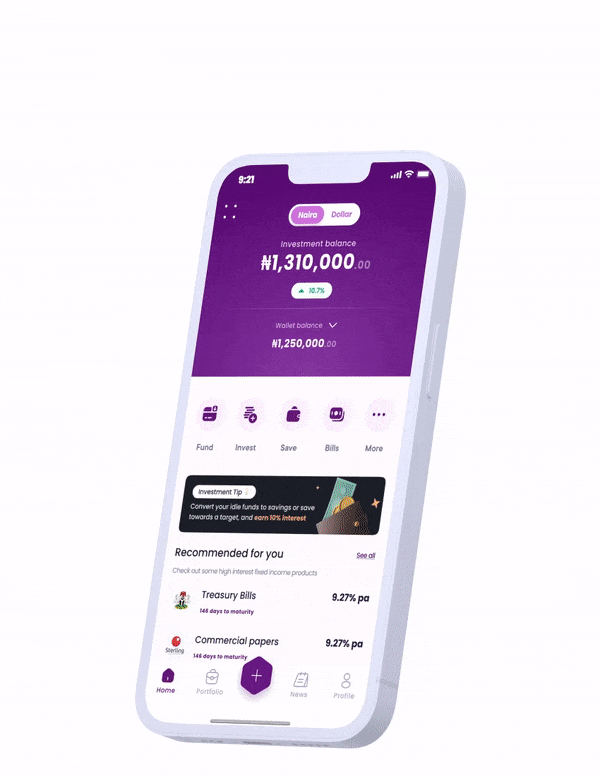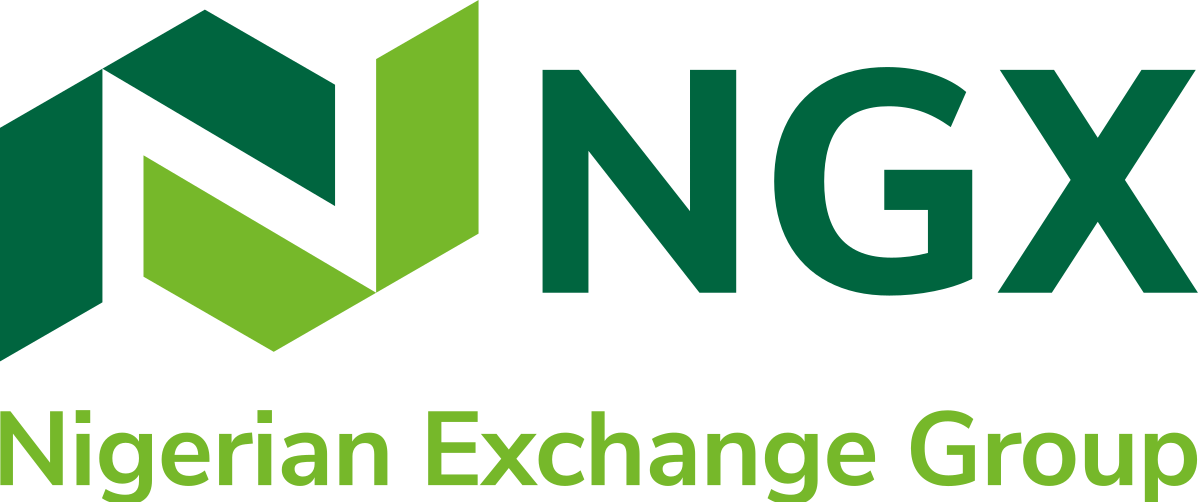After a two-year hiatus, Nigeria successfully returned to the international debt market this week, securing $2.2 billion through a dual-tranche Eurobond issuance. This makes Nigeria the seventh Sub-Saharan African country to access the Eurobond market in 2024.
The issuance comprised a $700 million 6.5-year bond at a 9.625% coupon rate and a $1.5 billion 10-year bond at a 10.375% coupon rate. Despite the high-interest rates, the bonds were oversubscribed, with total orders exceeding $9 billion, reflecting strong investor confidence in Nigeria’s economic potential.
Implications for the Nigerian Economy
The Upside: The Eurobond issuance is expected to boost dollar inflows, bolster the gross external reserves and support the naira. The experience of other African nations, particularly Kenya, demonstrates the potential benefits of issuing Eurobonds. Since Kenya raised Eurobonds in February 2024, the Kenyan shilling appreciated by 23.79% against the dollar, which helped reduce inflationary pressures. Kenya’s inflation rate decreased from 6.3% in February to 3.6% in October, providing a clear example of how a successful bond issuance can have positive ripple effects on the currency and overall economic conditions. The bond issuance will also avail the much-needed funds for infrastructure projects. This investment is expected to enhance productivity and boost Nigeria’s economic growth over the medium to long term. This will create jobs, and elevate living standards, further driving national development.
The Downside: The bond issuance will add to Nigeria’s external debt obligations. As of Q2 2024, Nigeria’s external debt stood at $42.9 billion, an increase from $42.12 billion in Q1 2024. The government must ensure that the borrowed funds are productively utilized to prevent future debt sustainability issues. Mismanagement of the funds or failure to generate the expected returns from investments could put further strain on the country’s finances.
There are also concerns about the long-term cost of borrowing. Nigeria’s 10.375% coupon rate on the 10-year bonds is one of the highest among Sub-Saharan African countries that issued Eurobonds this year, second only to Cameroon’s 10.75%. High borrowing costs may put pressure on fiscal stability.
Furthermore, with President Trump returning to the White House in 2025, the U.S. dollar could strengthen due to his economic policies. This could lead to a depreciation of the naira, increasing the cost of servicing dollar-denominated debt.
A Comparative Look at Recent Eurobond Issuances by Sub-Saharan African Countries:
|
Country |
Amount |
Tenor |
Coupon Rate |
|
Ivory Coast |
$2.6 billion |
9-year, 13-year |
6.3%, 6.85% |
|
Benin |
$750 million |
14-year |
8.735% |
|
Kenya |
$1.5 billion |
7-year |
9.75% |
|
Senegal |
$750 million |
7-year |
7.75% |
|
Cameroon |
$550 million |
7-year |
10.75% |
|
South Africa |
$3.5 billion |
12-year, 30-year |
7.1%, 7.95% |
|
Nigeria |
$2.26 billion |
6.5-year, 10-year |
9.625%, 10.375% |
Managing Debt Sustainability
The key to mitigating the risks associated with Nigeria’s new Eurobond issuance lies in how effectively the government manages and utilizes the borrowed funds. If the funds are invested in high-return projects, particularly those focused on infrastructure and economic diversification, the returns could help ease the strain on Nigeria’s finances. Careful fiscal management, transparent use of funds, and prioritizing projects that will generate sustainable economic growth will be crucial in ensuring that the country can meet its future debt obligations without compromising fiscal stability.







